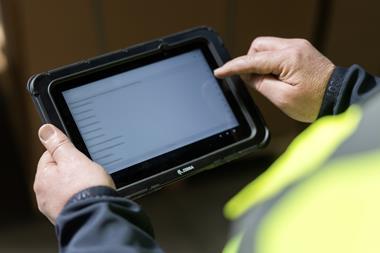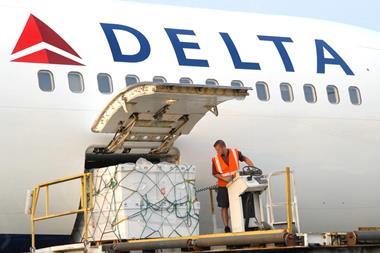Security firm Smiths Detection has enhanced its HI-SCAN 10080 XCT scanner with iCMORE algorithms to enhance its ability to detect lithium batteries and dangerous goods such as flammable liquids and solids.
With iCMORE, Smiths Detection can now "reliably and accurately detect potentially dangerous lithium batteries", alongside other dangerous goods, across both its conventional X-ray and its EDS technologies. The iCMORE lithium batteries and dangerous goods algorithms are complementary adaptions to existing screening technology.
Smiths Detection said that the screening of dangerous goods is not yet mandatory for air-cargo screening or passenger baggage in the hold.
However, rechargeable and non-rechargeable lithium batteries – which power devices such as smartphones, tablets, cameras, laptops and power banks – are classified as dangerous goods by the air-transportation industry because of the risk of them igniting during flights.
"Since 2006, the US Federal Aviation Administration has recorded more than 260 incidents of smoke, heat, fire or explosion involving lithium batteries in air cargo or baggage," Smiths Detection informed. "Furthermore, the transporting of flammable liquids and solids as well as compressed and liquefied gasses continues to pose threats to airport operators, airlines and cargo companies."
Richard Thompson, global director of aviation at Smiths Detection, commented: “As a trusted partner to airports across the world, we are striving to develop new technologies to counteract new and emerging threats.”
“The iCMORE modules for both lithium batteries and dangerous goods further enhance the HI-SCAN 10080 XCT, streamlining the hold-baggage and air-cargo screening process without burdening operators. Using this technology will not only make aviation safer but can also help prevent costly fines for shipping dangerous goods in a non-compliant way as well as helping safeguard the global supply of goods, which is essential given the need for medical supplies – for example – to be shipped without interruption.”










